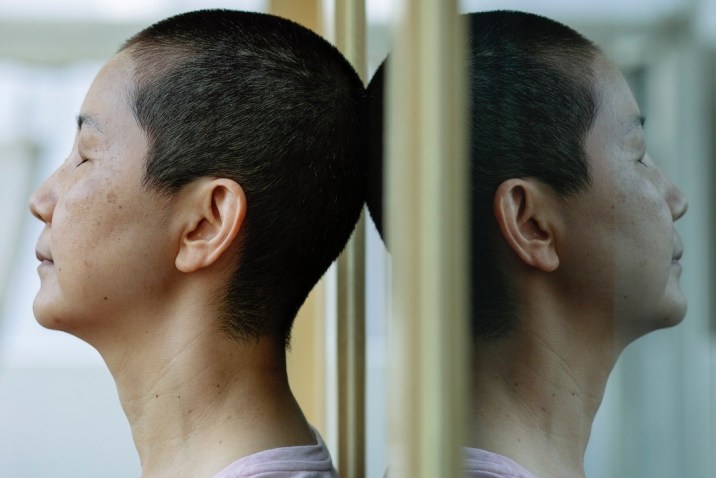When you are diagnosed with cancer, you can find yourself over-whelmed with emotions at a time when you most need to keep your wits about you. While you are alive, you have hope, and you have options. You have will, imagination, and powerful natural...
Dr Max Gerson developed a nutritional programme for which he claimed a high level of success (see WDDTY Guide to Cancer). Gerson's nutritional programme advocates: ... ...
Standards of medical practice are established by well-intentioned authorities first and, ideally, validated by science later. At this moment, Sally's head is covered in peach fuzz, though her chemotherapy ended 4 months ago. Sally joined the 184,000...
You are your best physician. No one knows your body better than you. Only you can fully appreciate and interpret your symptoms. Only you can make lifestyle changes that will improve your outcome. You are the one who will benefit or suffer from...
Mounting evidence suggests that our environment contains many carcinogens. The air we breathe, the water we drink, and the power lines that supply us with energy may pose threats to your health. It is important for you to understand what the dangers...
In order to know where we are going in cancer treatment, it is important to know where we have been and how we got where we are. This chapter looks at both conventional and alternative cancer treatment methods to give you a better understanding of...
Pesticides have been in use for centuries. In 470 B.C., the Greek philosopher Democrates used olive extracts on plants to prevent blight. Vine pests were destroyed with sulfur fumes by Cato in Italy in 200 B.C.
Some of the most tragic stories one will ever hear in medical practice are those of cancer patients and their families. Unfortunately, the tragedy is often the result of the impact on people's lives not only of the disease but also of the treatment
There is a strong correlation between diet and/or nutritional deficiencies and many cancers (see Table 2.1). The National Academy of Sciences and others estimate that nutritional factors account for 60 percent of cancer cases in women and 40 percent...
One of our roles as Naturopathic physicians is to educate and assist you in making the dietary improvements that will prevent many chronic, degenerative diseases. The mounting evidence that dietary fat and fiber intake influences your risk of...



